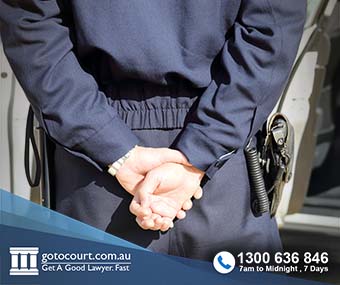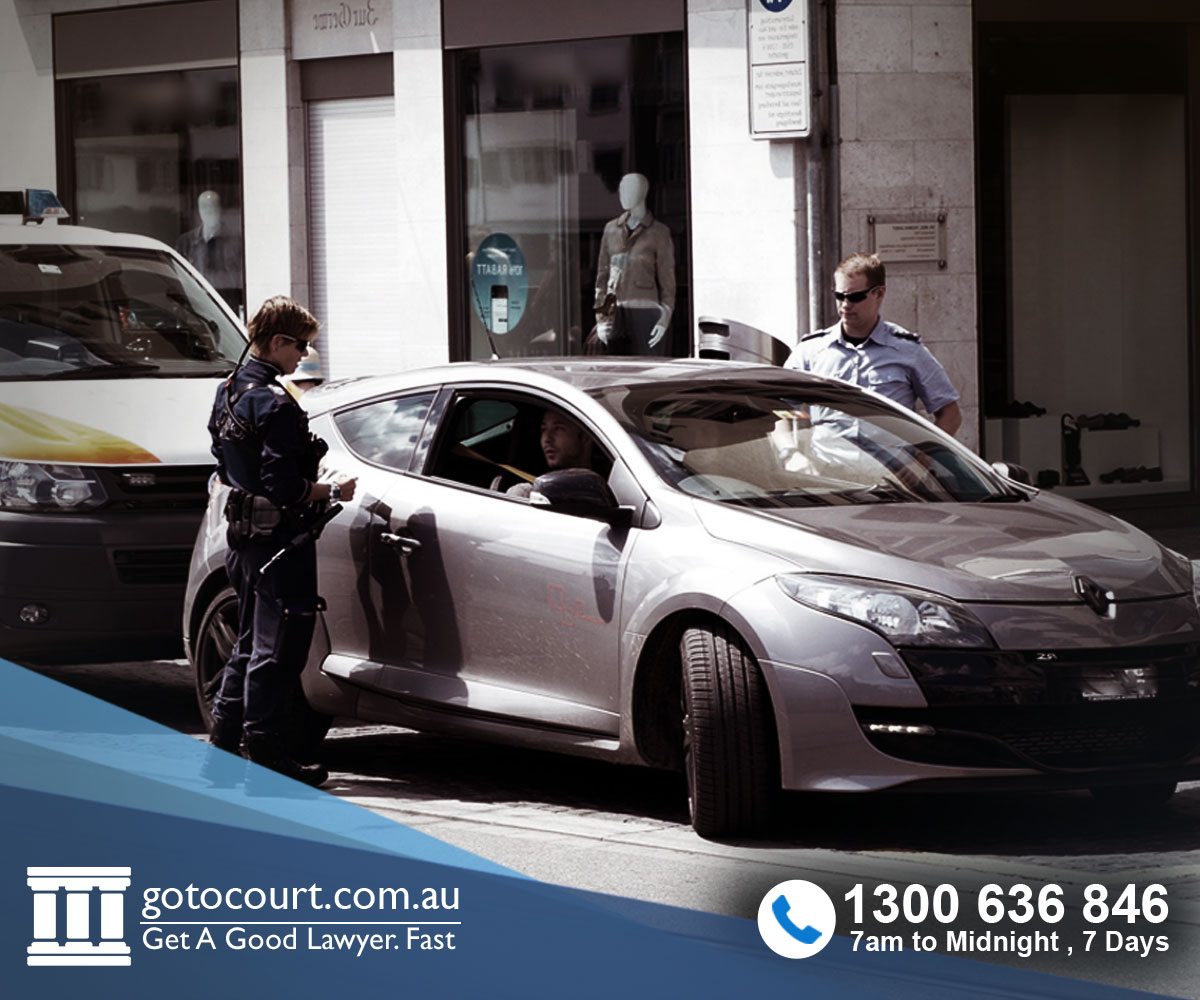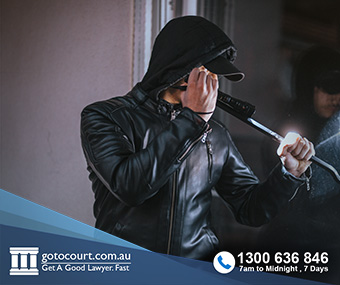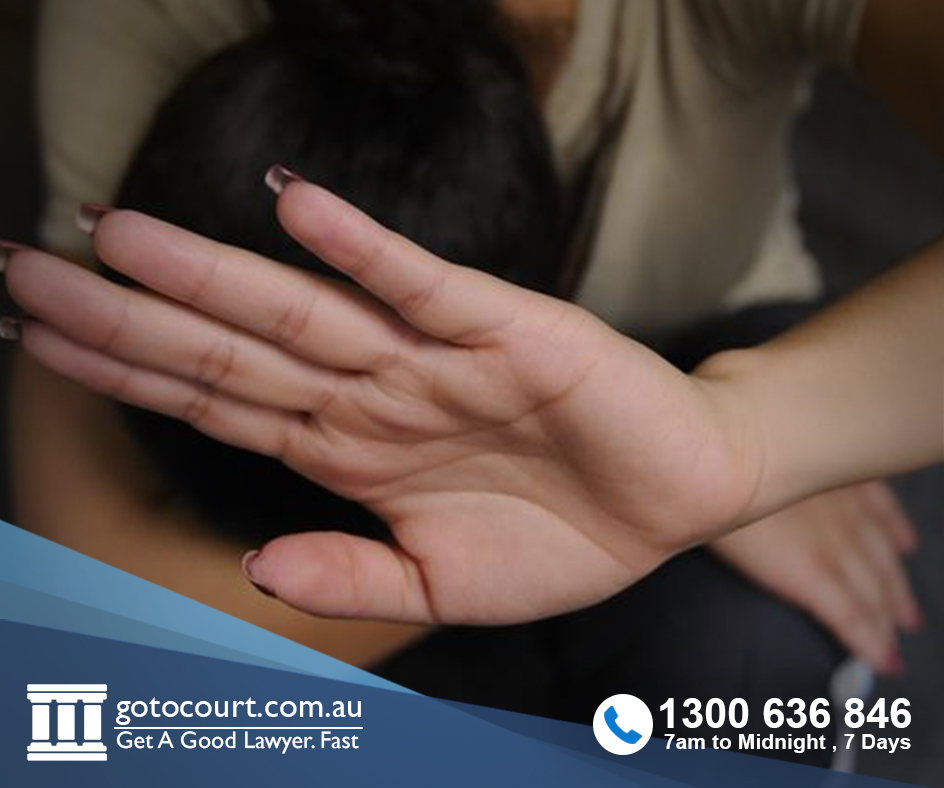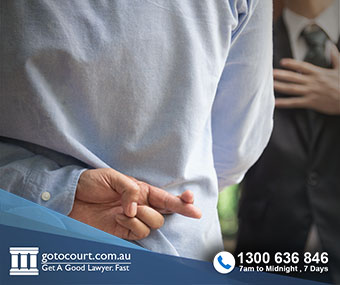Call our lawyers
now
or,
have our lawyers
call you
Bail Applications in New South Wales
Updated on Nov 21, 2022 • 4 min read • 791 views • Copy Link
Bail Applications in New South Wales
When a person in New South Wales is charged with criminal offences, they may be remanded in custody or granted bail. Bail is the conditional release of an accused person back into the community before their matter has been finalised. A person may be granted bail by the police or by a court. The primary considerations when deciding whether to grant a person bail are the need to ensure that the accused attends court to answer the charges and the need to protect the community, including any alleged victims. This article outlines how bail applications are decided in New South Wales.
What Is ‘unacceptable risk’?
Bail in New South Wales is governed by the Bail Act 2013. Under Section 19 of the Bail Act, all bail applications involve a consideration of the ‘unacceptable risk’ test. This test requires a court to refuse a person bail where there is an unacceptable risk that the accused would do certain things if granted bail. Bail must be refused if there is an unacceptable risk that the person would:
- fail to appear at court for the offence.
- commit a serious offence while on bail,
- endanger the safety of victims or the community in general; and/or
- interfere with witnesses or evidence.
Deciding bail applications
Section 18 of the Bail Act sets out the factors that must be assessed when deciding bail applications. These are:
- The accused’s background, including their criminal history, circumstances and community ties;
- The nature and seriousness of the alleged offences;
- The strength of the prosecution case;
- Whether the accused has a history of violence;
- Whether the accused has ever committed a serious offence while on bail;
- Whether the accused has a history of compliance or non-compliance with court orders including bail orders;
- Whether the accused has criminal associations;
- How long the accused is likely to spend in custody if bail is refused;
- Whether the accused has any special vulnerability that would making being in prison more onerous for them;
- The accused’s behaviour towards any alleged victims and their families.
‘Show cause’ offences and bail applications
If a person has been charged with certain serious offence and is seeking bail, the court must refuse bail unless the person can show cause why their detention is not justified. If the person succeeds in showing cause why their detention is not justified, they must then satisfy the court that they pass the ‘unacceptable risk’ test, as set out above.
Offences that are ‘show cause’ offences include offences that are punishable by imprisonment for life such as murder and manslaughter, serious indictable offences involving sex with a child under 16 and serious personal violence offences in cases where the accused has previously been convicted of a serious personal violence offence.
Bail conditions may mitigate court’s concerns about bail
When considering bail applications, courts must consider these two questions:
- Are there any bail concerns; and
- If so, are there any bail conditions that may mitigate those concerns.
Under Section 20A of the Bail Act, bail conditions are only to be imposed if the court is satisfied that they are:
- reasonably necessary;
- reasonable and proportionate to the offence;
- appropriate to the concern;
- no more onerous than necessary;
- reasonably practical for the accused to comply with; and
- likely to be complied with.
After considering whether there are bail concerns and whether conditions could mitigate these concerns, a court will determine whether there is an unacceptable risk in granting bail. If there are no bail concerns, bail should be granted unconditionally. If there are bail concerns and no conditions could reasonably be imposed to allay them, then there is an unacceptable risk and bail must be refused.
Bail applications after findings of guilt
If a person is seeking to be granted bail, or to have their bail extended, after they have been found guilty of offences but before they have been sentenced, the court may grant them bail if it is appropriate to do so. In this situation, bail conditions that are commonly imposed include that the person participate in and comply with an intervention, treatment or rehabilitation program.
If a person has been found guilty of an offence and will be sentenced to a term of actual imprisonment, the court must only grant them bail if satisfied that there are special and exceptional circumstances. In any other case where a person has been found guilty and will be sentenced to jail, the court must refuse bail (if they are in custody) or revoke their bail (if they are already on bail).
If you require legal advice or representation in any legal matter, please contact Go To Court Lawyers.


Affordable Lawyers
Our Go To Court Lawyers will assist you in all areas of law. We specialise in providing legal advice urgently – at the time when you need it most. If you need a lawyer right now, today, we can help you – no matter where you are in Australia.How It Works








1. You speak directly to a lawyer
When you call the Go To Court Legal Hotline, you will be connected directly to a lawyer, every time.


2. Get your legal situation assessed
We determine the best way forward in your legal matter, free of charge. If you want to go ahead and book a face-to-face appointment, we will connect you with a specialist in your local area.


3. We arrange everything as needed
If you want to go ahead and book a fact-to-face appointment, we will connect you with a specialist in your local area no matter where you are and even at very short notice.


